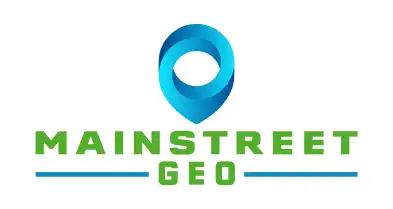If you were thinking of making some home improvements to make your home more energy-efficient, now is a great time to do so! This is because of the recently introduced Inflation Reduction Act. The act was officially signed in August of 2022 and aims to slow down the effects of climate change in America and the entire world.
While the law is mostly addressed to large businesses and helps those businesses produce clean energy and implement eco-friendly improvements, it also has a few clauses which incentivize regular Americans to become energy-efficient. What tax credits will regular homeowners be able to take advantage of thanks to the Inflation Reduction Act? Let’s take a look at a few:
Credit for Energy Efficient Home Improvement
The credit for Energy Efficient Home Improvement is worth 30% of all energy-efficient home improvements carried out in a year. Such improvements include new insulation, windows, efficient roofing, etc. The maximum amount of credit would be $1,200 annually, meaning that if homeowners spread out different energy-efficient improvement projects throughout the year, they can claim the entire amount.
Additionally, the $1,200 limit might be exceeded in certain conditions, like the installation of electric/natural gas water heaters and pumps. This credit extends all the way through to the year 2032.
Credit for Residential Clean Energy
The credit for Residential Clean Energy, extended through 2034, covers about 30% of installation costs for wind, solar, geothermal, and other energy-efficient means of producing power and electricity. The credit used to previously apply to biomass-powered heaters and furnaces but no longer does. Instead, it can be applied to different kinds of battery-operated energy-efficient technology, as long as the battery has storage of three or more KWHs.
Credit for Alternative Fuel Refueling Property
The credit for Alternative Fuel Refueling Property previously expired in 2021 but was reinstated by the Inflation Reduction Act, so it was extended through 2032. This credit covers 30% of the total costs incurred for alternative fuel vehicles refueling property.
The maximum limit of 30% is $1,000. Refueling property is things like bidirectional charging equipment for electric vehicles or other equipment needed to refuel and maintain alternative fuel vehicles.
Rebate for High-Efficiency Electric Homes
While the rebate for High-Efficiency Electric Homes isn’t a credit so much as it is a rebate, it still helps American homeowners go green with the help of rebates. To qualify for the rebate, a household’s total income has to be below 150% of the annual income in the area.
Some rebates include $840 on stoves and cooktops up to $8,000 on cooling or heating pumps. The total rebates per household are limited to $14,000, and the rebate extends until 2031.
If you qualify for any energy-efficient home improvement credits under the Inflation Reduction Act, be sure to get your credits and file all the necessary forms and paperwork.




